
Ziffinac Tablet
Manufacturer
Affinity Life Sciences Pvt Ltd
Salt Composition
Aceclofenac (100mg) + Paracetamol (325mg)
Key Information
Short Description
Ziffinac Tablet is a pain-relieving medicine used to reduce pain and inflammation in conditions like rheumatoid arthritis, ankylosing spondylitis, and osteoarthritis.
Dosage Form
Tablet
Introduction
Ziffinac Tablet is a combination of two medicines: Aceclofenac and Paracetamol. It should be taken with or without food. You should take it regularly as advised by your doctor. Your doctor may change the dose and time between doses according to your pain level and your needs. Do not take more or use it for a longer duration than recommended by your doctor.
Directions for Use
Take this medicine in the dose and duration as advised by your doctor. Swallow it as a whole. Do not chew, crush or break it. Ziffinac Tablet may be taken with or without food, but it is better to take it at a fixed time.
Safety Information
Side Effects
Some of the common side effects of this medicine include nausea, vomiting, stomach pain, loss of appetite, heartburn, and diarrhea.
Alcohol Warning
It is unsafe to consume alcohol with Ziffinac Tablet.
Breastfeeding Warning
Information regarding the use of Ziffinac Tablet during breastfeeding is not available. Please consult your doctor.
Pregnancy Warning
Ziffinac Tablet may be unsafe to use during pregnancy. Although there are limited studies in humans, animal studies have shown harmful effects on the developing baby. Your doctor will weigh the benefits and any potential risks before prescribing it to you. Please consult your doctor.
How it works
Ziffinac Tablet is a combination of two medicines: Aceclofenac and Paracetamol. These medicines work by blocking the action of chemical messengers responsible for pain, fever and inflammation (redness and swelling).
Quick Tips
In case of muscle pain, your doctor might advise you to undergo physiotherapy to get relief along with taking Ziffinac Tablet. Inform your doctor if you have a history of stomach ulcers before taking this medicine.
Related Medicines
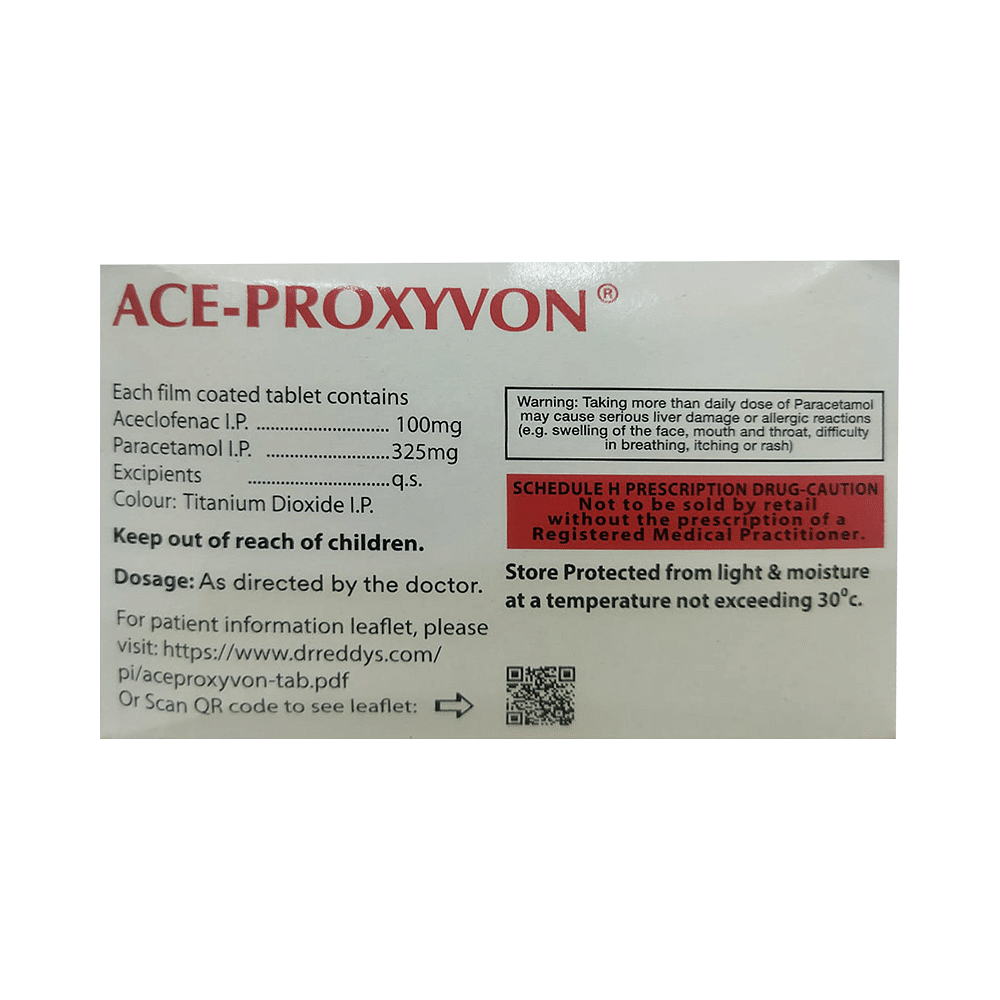
Ace-Proxyvon Tablet
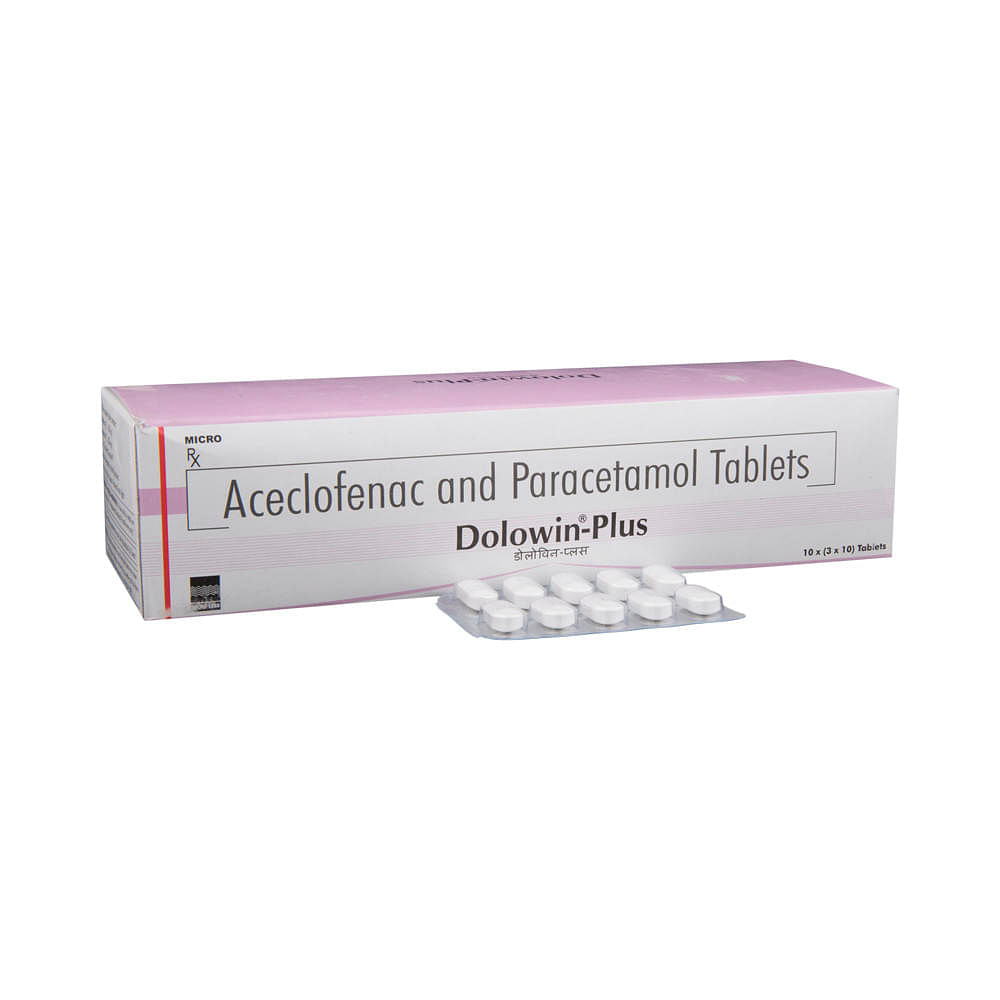
Dolowin-Plus Tablet
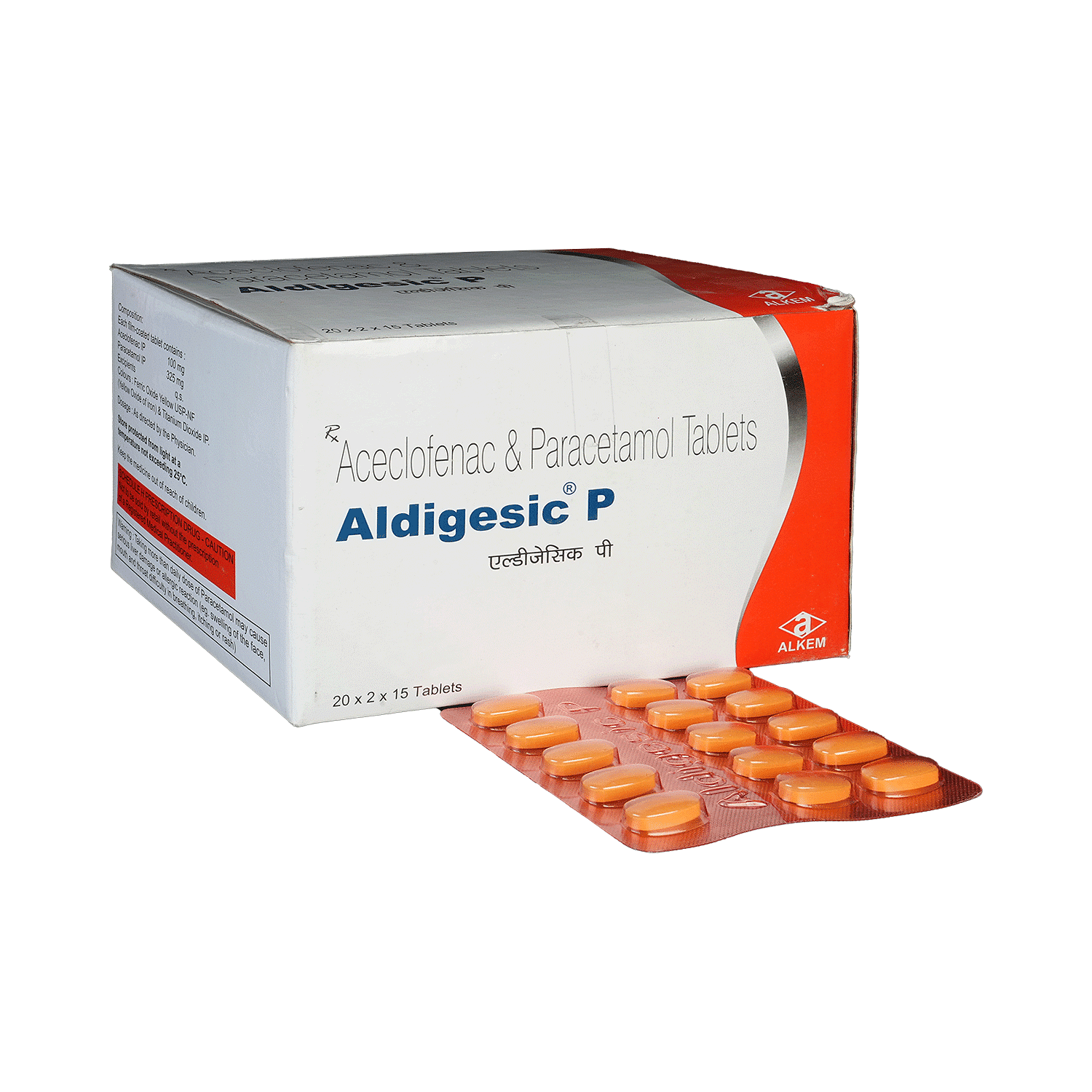
Aldigesic P Tablet

Zerodol TC 100mg/325mg Tablet
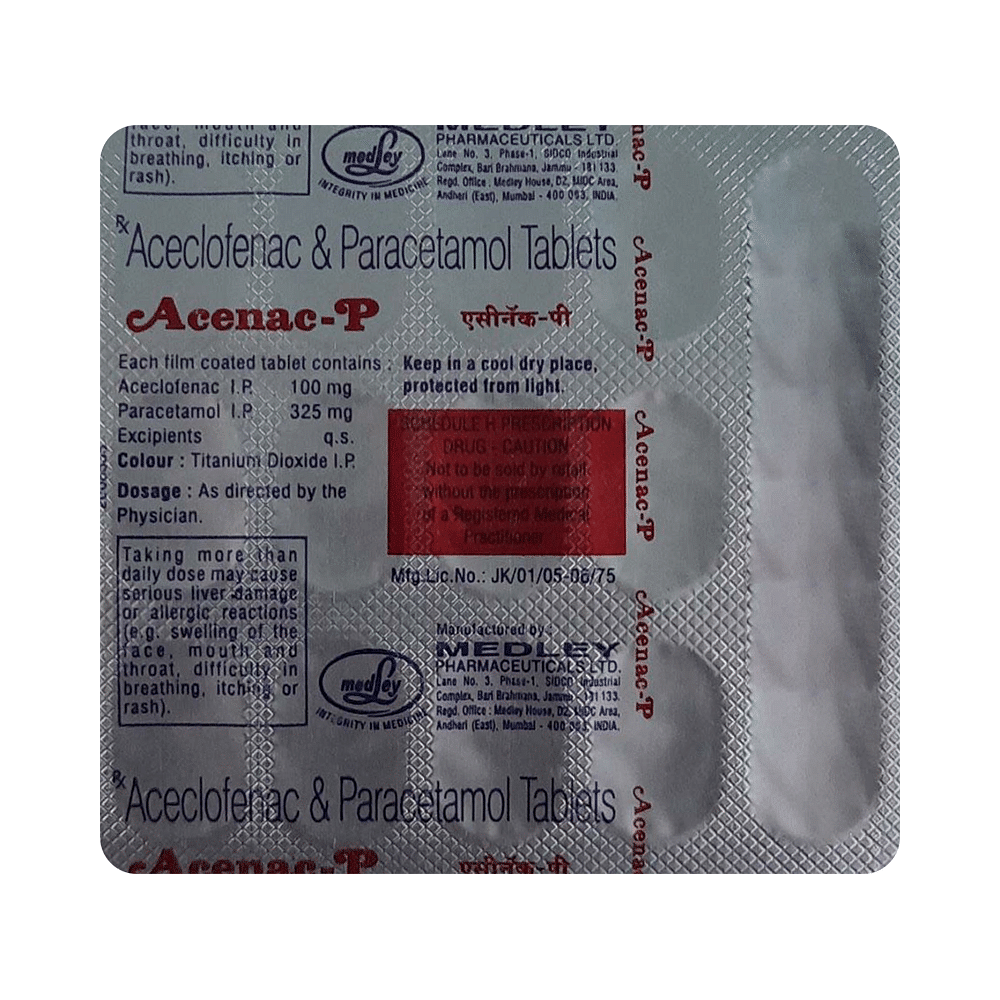
Acenac-P Tablet
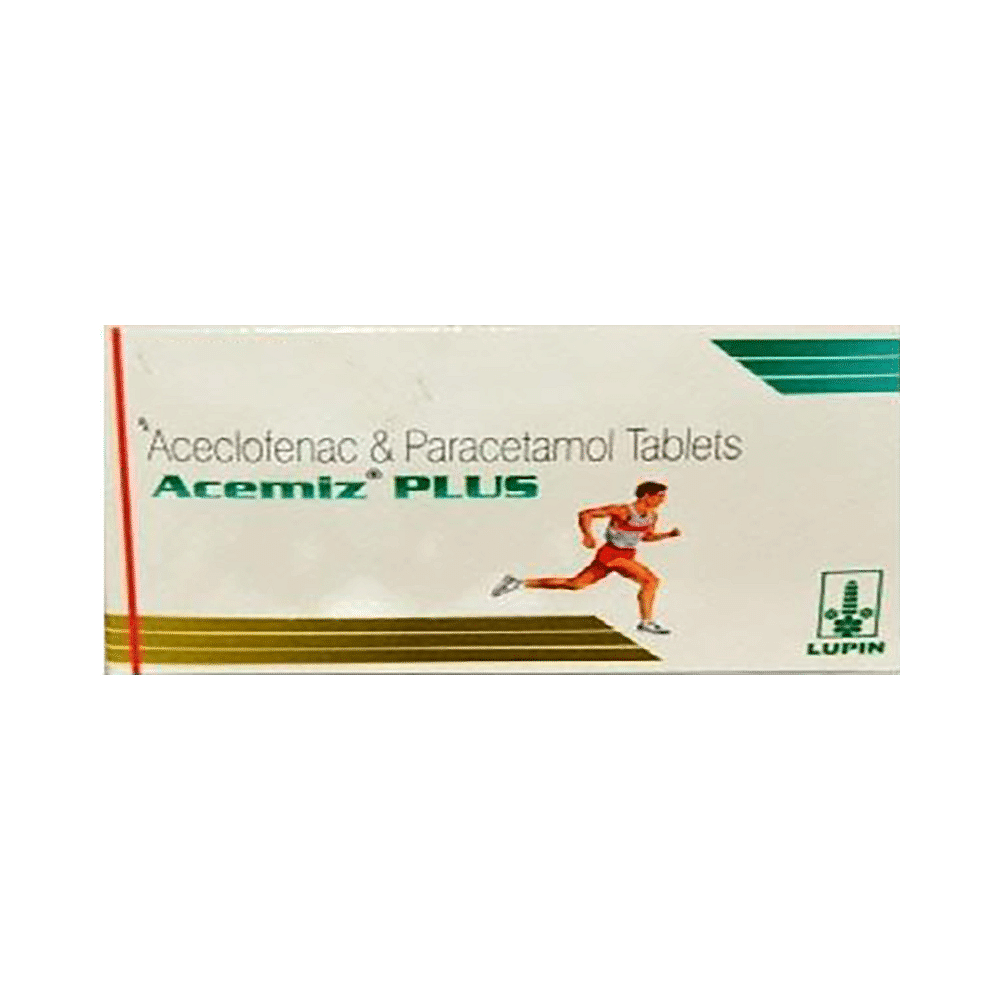
Acemiz Plus Tablet
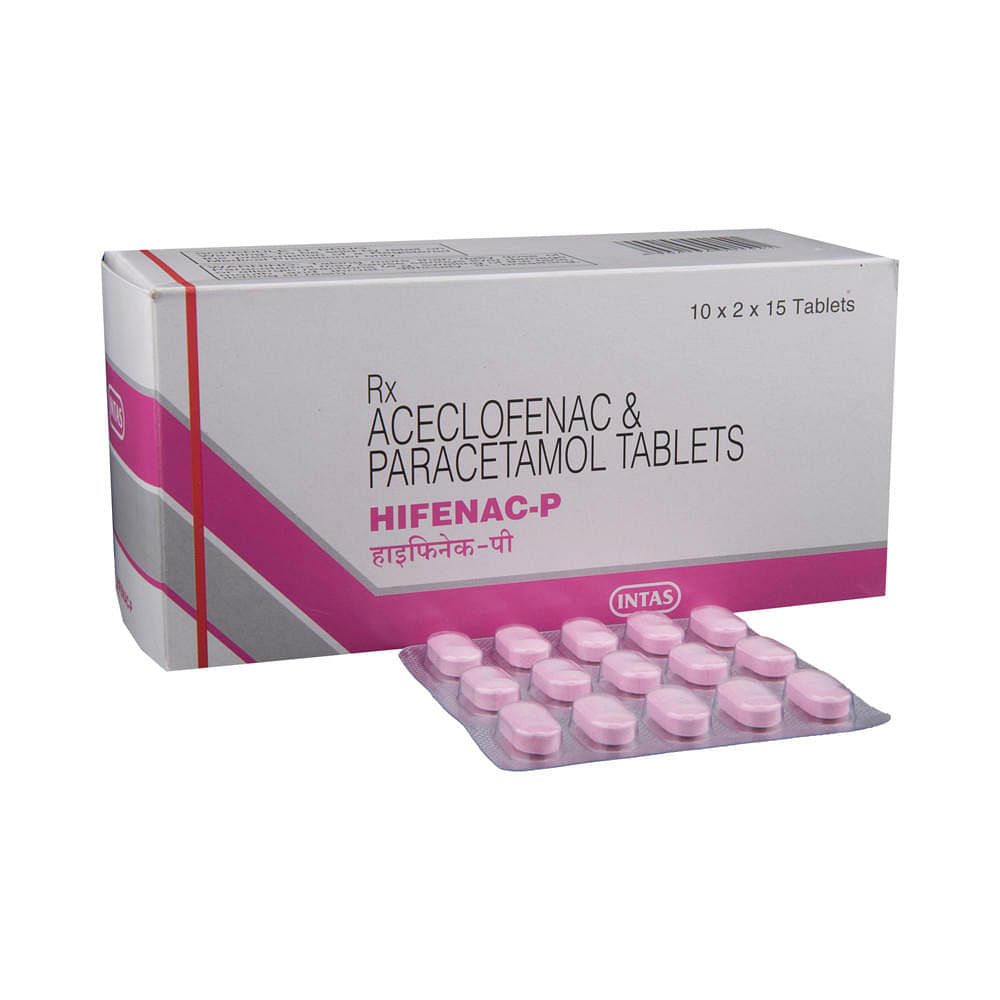
Hifenac-P Tablet
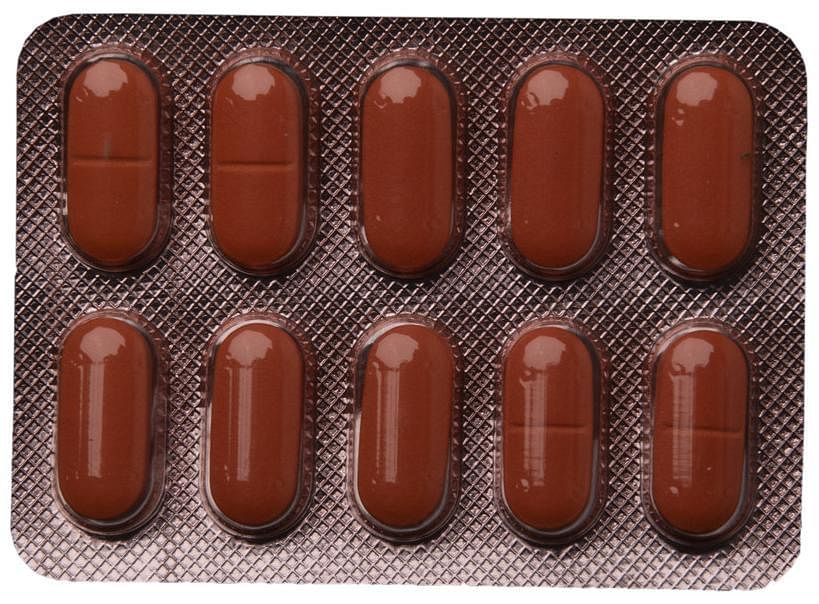
Erinac P Tablet

Acewok-P Tablet
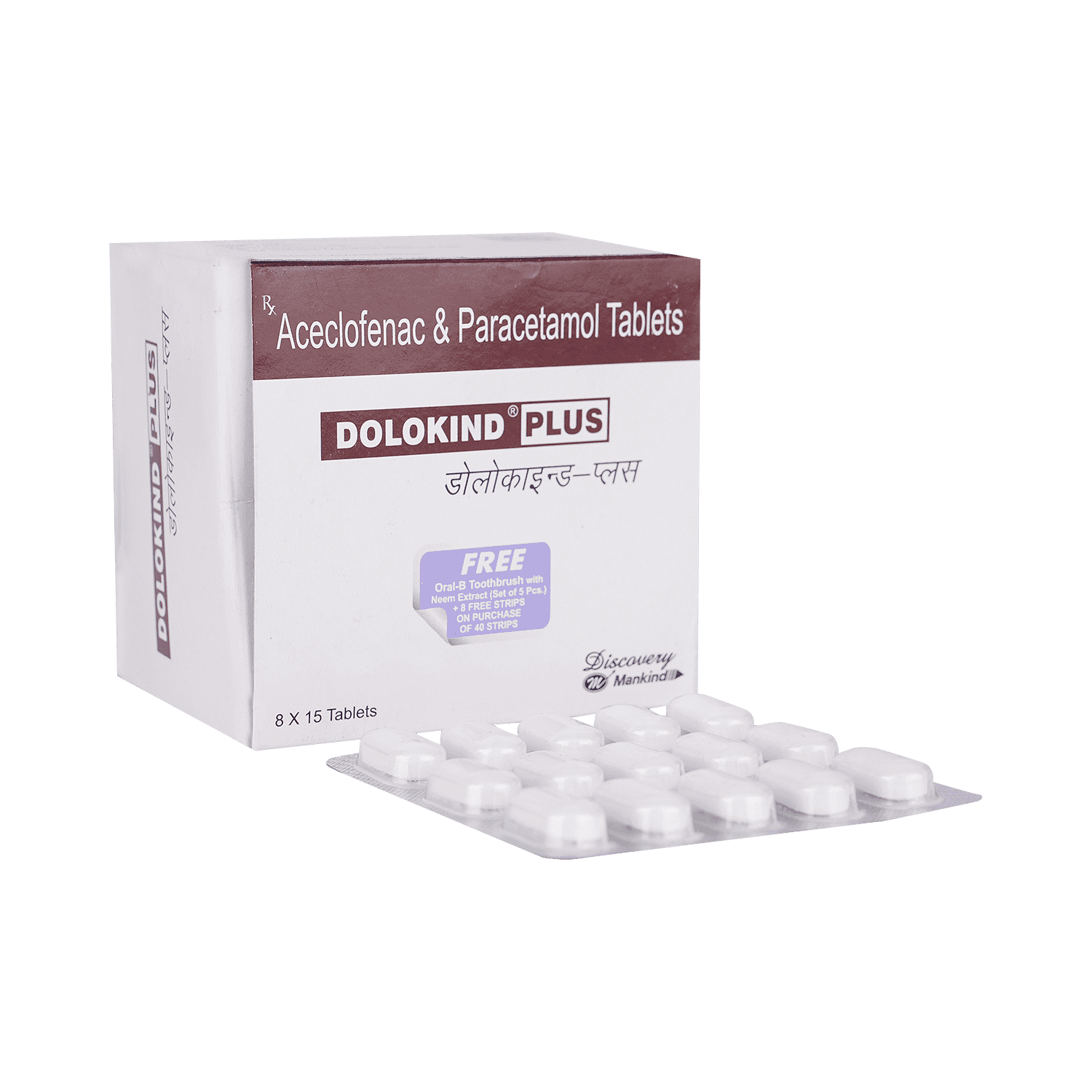
Dolokind Plus Tablet
Frequently asked questions
What is Ziffinac Tablet?
Ziffinac Tablet is a combination of two medicines: Aceclofenac and Paracetamol. This medication helps relieve pain and inflammation by reducing the levels of chemical substances in the body that cause these symptoms.
Is Ziffinac Tablet safe to use?
Ziffinac Tablet is generally safe for most patients. However, it can cause some common side effects like nausea, vomiting, stomach pain, heartburn, diarrhea and other less frequent and rare side effects in some individuals.
Can I stop taking Ziffinac Tablet when my pain is relieved?
If you are using the medication for a long-term condition associated with pain, your doctor will advise whether to continue taking it. If the pain is short-term, you can discuss discontinuation with your doctor.
Can Ziffinac Tablet cause nausea and vomiting?
Yes, some individuals may experience nausea and vomiting while taking Ziffinac Tablet. Taking it with milk, food, or antacids may help prevent these side effects. Avoid fatty or fried foods when using this medication. If you do experience vomiting, drink small amounts of water frequently. Seek medical advice if vomiting persists or you notice signs of dehydration like dark urine and infrequent urination.
Can Ziffinac Tablet cause dizziness?
Yes, some patients may experience dizziness (feeling faint, weak, unsteady, or lightheaded) while taking Ziffinac Tablet. In these cases, it's best to rest and resume the activity only when feeling better.
Are there any specific contraindications for using Ziffinac Tablet?
Ziffinac Tablet is not recommended for individuals with known allergies to any of its components or excipients, as well as patients allergic to other painkillers. Its use should be avoided in those with a history of stomach ulcers and active or recurrent ulcers. Patients with pre-existing heart failure, high blood pressure, or kidney or liver disease must avoid this medication.
Can Ziffinac Tablet be taken with vitamin B-complex?
Yes, Ziffinac Tablet can be taken with vitamin B-complex preparations. While the medication relieves pain, vitamin B-complex helps to correct any associated vitamin deficiencies that may be causing the underlying painful condition.
Is Ziffinac Tablet helpful for stomach pain?
Ziffinac Tablet is not recommended for treating stomach pain. Using this medication can increase stomach acid secretion, which might aggravate an unknown underlying condition. It's best to consult your doctor if you experience persistent stomach pain.
Can the use of Ziffinac Tablet cause kidney damage?
Long-term use of Ziffinac Tablet can potentially lead to kidney damage due to its impact on prostaglandin levels in the body. Prostaglandins normally protect kidneys from damage, and their reduction by this medication can contribute to long-term kidney problems. It's crucial for individuals with pre-existing kidney diseases to avoid using Ziffinac Tablet.
How long does it take for Ziffinac Tablet to show results?
The effect of Ziffinac Tablet can usually be observed within 1.5 to 3 hours after oral administration, and the timeframe may vary among individuals.
What is the recommended dosage for Ziffinac Tablet?
Take one tablet of Ziffinac Tablet twice a day as prescribed by your doctor. Always follow your doctor's instructions when using this medication.
Can I take Ziffinac Tablet with other painkiller tablets?
It is not advisable to combine Ziffinac Tablet with other painkiller medications without consulting your doctor, as this could lead to unintended side effects such as stomach pain or ulcers.
Can Ziffinac Tablet be given to children?
Ziffinac Tablet is not recommended for use in children under 18 years of age.


